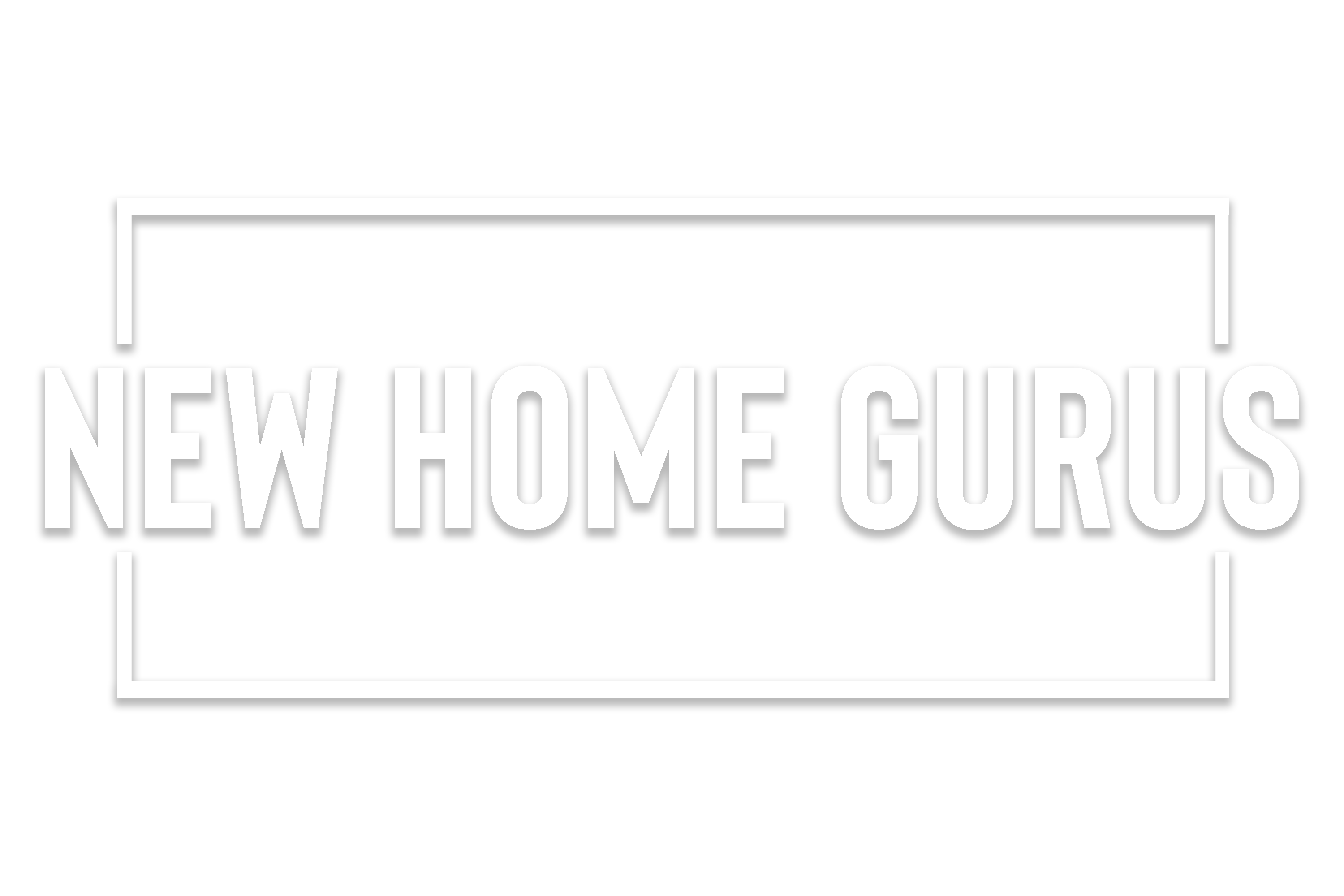What’s the Best Offer & When Should I Counter? Find Out With These Tips from Top Realtors
Offers from buyers are incredibly exciting, but not all offers are good ones. Some less-than-great offers can be easy to spot right out of the gate. Others can be trickier to detect, especially if you’re navigating home offers for the first time — or for the first time in a long time.
So, whether you’re looking at your first offer or you’re sifting through a few (or more), here are a handful of key factors to consider.
How to Evaluate Purchase Offers as a Home Seller: 4 Factors to Consider

To separate the bad from the stand-out offers, carefully review any and all terms related to the following details of the deal.
If you are not 100% onboard with all of the terms spelled out in the offer, do not accept it. Instead, you may want to move on to another offer or put together a counteroffer.
1. Offer price, inclusions & exclusions
What is the buyer willing to pay for your house? If the offer isn’t at or above your asking price, think about whether:
- Your asking price aligns with the general market value for comparable homes in your area.
- Your home is more of a fixer-upper or if the home inspection will likely raise “issues” with the home.
- The buyer is trying to lowball the offer as a starting point for negotiations, expecting you to counter.
With the price, make sure you also assess what the buyer expects the purchase to include versus exclude. Depending on the listing, conversations you’ve had with the buyer, or assumptions the buyer has made, inclusions or exclusions with the purchase price could pertain to items like (but not limited to):
- Major and minor appliances
- Fixtures and/or interior furniture
- Outdoor tools, furniture, and equipment
If the price, inclusions, and exclusions are off, you can put together a counteroffer to adjust those terms, as needed, if you’re interested in moving forward with a particular buyer.
2. Buyer financing & earnest money

Does an offer specify how a buyer will pay for the house and what financing is already in place to cover the costs?
Offers without financing terms can come with greater risks of deals falling through later. Not only will these buyers have to shop around for a lender and a loan option, but they’ll also usually have to go through the pre-approval process, which can extend the time it takes to sell a house. If you’re trying to sell a house quickly, that’s not ideal.
On the other hand, offers from buyers who have pre-approvals can be more solid while expediting the process. That’s because these buyers have lenders waiting to fund a mortgage loan for them.
As you assess financing in offers, don’t forget to consider any earnest money a buyer is willing to pay upfront. Higher amounts of earnest money not only show how serious buyers are, but they can also demonstrate stronger financial footing for completing the deal.
3. Contingencies
Contingencies are special terms of the deal to buy a home, and different offers can contain unique and distinct contingencies. Generally, some of the most common contingencies in offers to buy a home are:
- Financial contingencies: These tend to stipulate that buyers won’t move forward with a deal to buy a house if they can’t secure financing.
- Home inspection contingencies: If a home inspection reveals “major issues” with a home, buyers may want the chance to reconsider their offer or pull it.
- Appraisal contingencies: If a home appraisal doesn’t value a house at a certain value or within a certain range of values, buyers may reserve the option to reconsider or pull their offer.
- Other contingencies: Title issues, selling other homes, and more can also be the subject of additional contingencies included in offers.
No matter what type of contingencies are included in an offer, you want to double-check them, ideally with an experienced Realtor®, to make sure that they are fair and reasonable — and that they don’t put you at a wild disadvantage if the deal advances.
4. Closing date & terms

What type of timeline has the buyer put on closing? Who will pay for what in the closing process? Will buyers and sellers cover their own costs? Or will the buyer or seller cover all closing costs?
The purchase price of a home can overshadow details like closing terms, timelines, and conditions, but they’re no less important to consider.
So, keep an eye on what’s specified for the move-out date, the closing timeline, and the closing costs. Also, keep in mind that closing terms and conditions can be bargaining chips in the negotiation process. That means you could leverage closing timelines and costs in your favor, depending on how motivated the buyer is and how many offers you have on the table.
How to Weigh Buyer Motivation When Selling a Home
One factor that won’t be inked in an offer — and that’s still essential to consider — is the buyer’s motivation. To evaluate this, try to answer these questions:
- Why does the buyer want to purchase the house?
- How emotionally attached to the house does the buyer seem?
- How eager and responsive has the buyer been through the process?
If you’re dealing with more motivated and eager buyers, you can be working from a stronger position when it comes to offers, counteroffers, and negotiations.
Regardless, reviewing these offers with an experienced Realtor® can help you make an informed decision to support your needs and goals in the home selling process.
How to Get Help With Offers When You’re Selling a House in Texas
Not sure about an offer? Wondering whether to accept, counter, or reject an offer? The 5-star Realtors® at New Home Gurus are here to help.
We guide, advise, and support sellers and buyers through the home purchase process, assisting with offers, contingencies, negotiations, and closing. Plus, we’ll split our commission with you at closing.
Home sellers and buyers who work with New Home Gurus can get back an average of $4,500 to $12,000 at closing.
How Much Cash Can You Get After Closing?
Call (281) 668-8124 or Contact Us to Find Out Now
We are standing by, ready to answer your questions and explain the details of our commission-sharing program.

